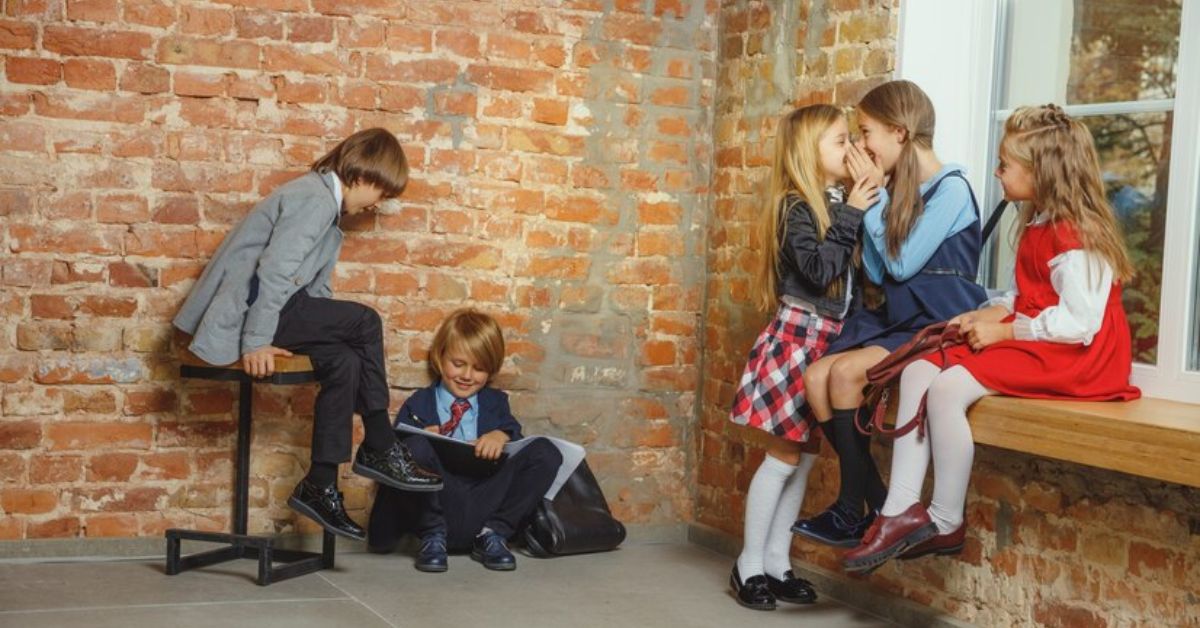There are many opinions on what is better—a day school or a boarding school. More and more parents are asking themselves whether they should send their child to a boarding school. We would like to share with you just two perspectives from boarding school graduates who have experienced this firsthand and are now applying the skills they gained in real life:
Denis Skripnik (22 years):
As a child, my life was marked by constant change, moving from Singapore to New York, then to London, and back to Singapore before finally settling into a more stable rhythm in 10th grade. By that time, I had decided to enroll in boarding school, where I spent the remainder of my high school years in Switzerland.
When I first arrived, I was completely unprepared for independent living. I had never made my own bed, done laundry, managed deadlines, or even cooked basic meals like eggs or pasta. It was a steep learning curve, but within the first month, I managed to adapt to the essentials. I quickly found friends who shared my interests, and together we explored new experiences I would have never dared to try back home. For the first time, I felt free to pursue my passions without fear of judgment or criticism.
Academically, the experience was transformative. The curriculum balanced analysis, interpretation, and memorization, creating an environment of genuine learning and discovery. Classroom lessons extended beyond the four walls, as teachers led trips across Europe, skied with us, coached sports, and supported us in dorm life. Their dedication went above and beyond—if I needed extra help, they would visit my dorm room to provide one-on-one guidance during their free time. Over time, the staff became like family, often knowing me better than I knew myself. Even now, as a university student, I maintain close relationships with many of them, staying in touch via phone, email, and social media.
Athletics was another area where I thrived. The freedom to create my own schedule allowed me to train like never before. I could wake up at 4 a.m. to run up a mountain before classes and still manage to get a full night’s sleep. The school encouraged initiative, so if something wasn’t available, we made it happen. I founded a competitive rowing team, which ranked third in regionals within three years. My peers started a robotics club and a cycling team, all under the school’s guidance. These initiatives not only fueled our passions but also gave us invaluable leadership experience.
Socially, the diversity of the boarding school community broadened my horizons. Some of my closest friends are from Montenegro, Argentina, and other parts of the world. Today, they are spread across Europe and the U.S., attending a variety of institutions, yet we remain closely connected.
Overall, my time in boarding school taught me profound lessons in personal responsibility. I learned how to manage my time and resources, prioritize effectively, and build enduring friendships. The experience shaped me into a more independent and well-rounded individual, preparing me for the challenges of adulthood.
Alex Rider (19 years):
Boarding school is an extraordinary experience.
Seriously, forget every outdated assumption you might have about boarding schools—they’re complete nonsense. For me, boarding school was one of the most transformative and enjoyable periods of my life, and I wouldn’t trade it for anything.
When I first arrived, I was thrilled by the new environment and the chance to make new friends. I felt an empowering sense of independence, doing my own chores, making my own decisions, and living life on my own terms. It felt like stepping into a dream world where no one was there to micromanage me—I was in charge of my own story.
Of course, the stereotypes about boarding schools are hard to ignore. Like many, I thought they were just havens for snobby rich kids. But in reality, that couldn’t be further from the truth. The people I met weren’t defined by wealth or privilege. Most were regular kids whose parents simply wanted to give them a top-notch education or a unique life experience they couldn’t find elsewhere.
And yes, fitting in wasn’t an issue at all. Boarding schools are filled with diverse personalities, so while there may be people you don’t click with, you’ll inevitably find plenty of others who become your closest friends. Over time, these connections deepen in ways that are truly remarkable, forming bonds that feel like family.
Adjusting to boarding school life can be challenging at first. The initial weeks can feel lonely, and homesickness is real. But as the days pass, you start to embrace the experience and realize you’ve gained a second family—a community that supports and grows with you.
During my time there, I learned invaluable life lessons. Boarding school wasn’t just about academics; it was a blend of highs and lows that helped me mature in ways I wouldn’t have back home. I became more self-reliant, thoughtful, and resilient than many of my peers who stayed in day schools.
In the end, boarding school truly is an incredible journey. It defies every negative stereotype and offers experiences that shape you for life. For me, it wasn’t just a place to study—it was a place to grow, explore, and become the best version of myself.
The choice of school type ultimately depends on personal preferences, long-term goals, and financial considerations. For instance, attending a Swiss boarding school can be a significant investment, with tuition fees averaging around $50,000 per academic year, including accommodation and meals. Additionally, it’s important to consider the country where the student plans to pursue higher education and build their career, as this can influence the decision.
When selecting a boarding school, international rankings can serve as a helpful guide. Top-tier institutions—those ranked within the top 50 globally—are renowned for their exceptional educational quality but come with a high price tag. However, there are many less prestigious boarding schools that offer equally high-quality education at a more affordable cost, making them an excellent alternative.
For international students, boarding schools are an ideal choice as they provide an immersive academic and cultural experience. Being surrounded by peers from diverse nationalities fosters not only language proficiency but also the development of social skills and cultural tolerance. The constant exposure to different perspectives prepares students for a globalized world and enhances their ability to adapt to new environments.











